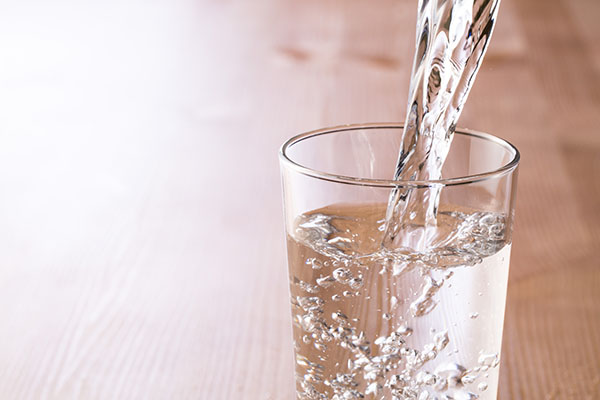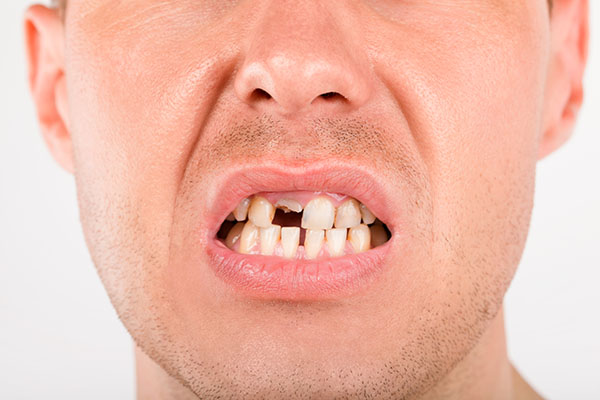 Many people find adjusting to new dentures a learning experience that requires both patience and assistance from a dentist. Dentures can provide individuals with increased confidence and easier eating and chewing, but before the adjustment takes place, there are a few beverages new denture wearers may want to avoid that could cause discomfort during this phase.
Many people find adjusting to new dentures a learning experience that requires both patience and assistance from a dentist. Dentures can provide individuals with increased confidence and easier eating and chewing, but before the adjustment takes place, there are a few beverages new denture wearers may want to avoid that could cause discomfort during this phase.
Eating and drinking changes
Some individuals adjusting to new dentures may experience unusual or new sensations while eating or drinking, but this is a common occurrence as the mouth muscles and taste buds become accustomed to the feel and operation of the fixture. Because diets and tastes vary, some people who are wearing dentures for the first time may experience a variety of reactions, including:
- A change in the taste of some foods
- A new or decreased sensitivity to hot and cold drinks
- Changes in chewing patterns
While each person may react to new dentures in a variety of ways, those not used to them may want to make a list of beverages to avoid as they adjust to the changes to prevent discomfort and possible damage to the set itself.
Hot teas and coffee
During the first few days, new denture wearers may experience some soreness where the gums and fitting meet, which can cause friction if they are not inserted correctly. This sensitivity may feel more intense with the imbibing of very hot drinks, such as tea and coffee. New dentures can also cause wearers to misjudge the temperature of a hot drink, which could result in burnt lips and tongues.
Alcohol
Some types of alcohol can damage new dentures over time, especially stronger spirits. While the damage might not be visible, it might cause structural problems and cracks that can affect the fit of the dentures. Those wearing new dentures may want to ask their dentist about drinking alcohol during the first few days, as it could cause gum irritation.
Carbonated drinks
The carbonation contained in sodas and sparkling water may cause irritation and bleeding in those who wear new dentures. The action of the carbonation against healing gum tissue may also delay or interrupt the healing process, which can make adjusting to new dentures even more difficult. New wearers may want to avoid carbonated drinks and substitute water or milk instead.
Acidic juices
Some individuals enjoy a glass or two of juice at breakfast, but those trying out new dentures may want to pass up this ritual. Orange, tomato, grape, and apple juices all have a high level of acidity, which may irritate healing gums. Those who enjoy juice with their meals may want to substitute less acidic choices, such as carrot, mango, and pear.
Conclusion
People who are adjusting to new dentures can promote a faster and more comfortable healing process by being cautious about what they drink during the first few days. Adjusting food and drink selections may also prevent future comfort issues and allow users to wear their dentures comfortably right from the start.
Request an appointment or call GK Dental PC at 617-826-6075 for an appointment in our Everett office.
Recent Posts
It is not surprising that adjusting to new dentures takes a little time. After all, you have new items in your mouth, and they will at first feel a little strange. Most people have enjoyed a mouth full of teeth for many years. You will also need to become comfortable chewing foods, drinking liquids, and…
Everyone adjusting to new dentures needs to remember that it takes time before they are entirely comfortable. Getting used to them is a process made smoother by taking the correct steps and maintaining realistic expectations. What follows are some commonsense suggestions for how you should approach breaking in a new smile.Attitude is everything. Remember that…
When you are adjusting to new dentures, it may seem that taking care of them requires a lot of time. Not only do you need to brush them every day, but you also need to soak them in a special solution each time you take them out overnight. Eventually, your denture care steps will become…


